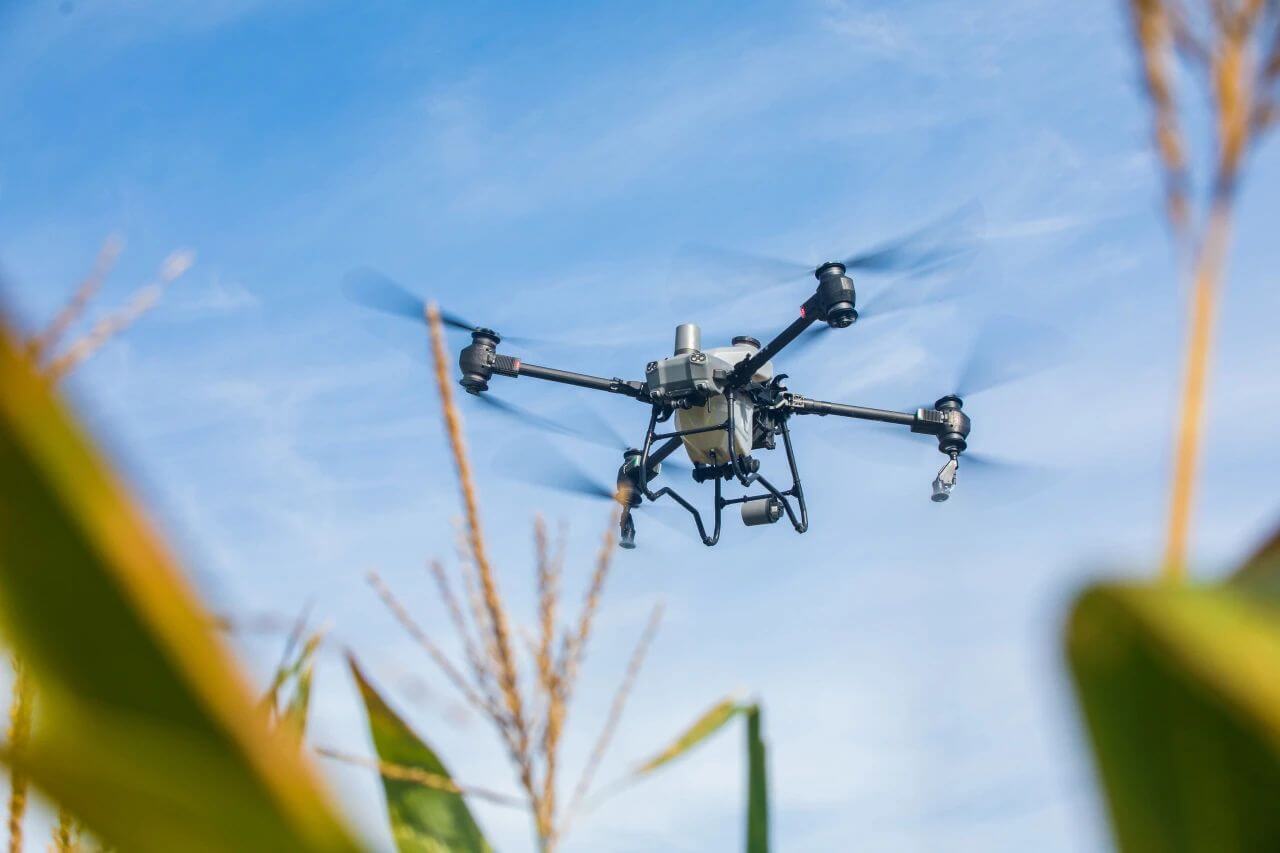The agricultural industry is a prime beneficiary of drones. Through precision agriculture techniques, drones can monitor crops for health and hydration, identify pest issues, and even aid in targeted spraying of fertilizers and pesticides. By deploying drones, farmers can significantly increase their yield while reducing waste and resource use.
Transforming Construction with Drones
Innovations in Logistics
Logistics companies are utilizing drones for transportation and delivery purposes, a move that enhances speed and reduces human error. With reduced operational costs and increased flexibility, drones are capable of performing last-mile deliveries efficiently even in challenging terrains.
Public Safety and Environmental Impact
FAQs
What regulations exist for commercial drone operations?
Regulations vary by country but generally require drone pilots to obtain certification and ensure their devices meet safety standards. It’s essential for businesses to stay updated on regional laws governing drone usage.
Are drones environmentally friendly?
Drones have a relatively low carbon footprint compared to traditional machinery, but their environmental impact depends on usage and manufacturing practices. Efforts are ongoing to make drone technology more sustainable.
Can drones operate in adverse weather conditions?
Most drones are capable of handling mild weather variations, but extreme conditions such as heavy rain or strong winds can impact their functionality. Users must assess weather risks when planning drone operations.
